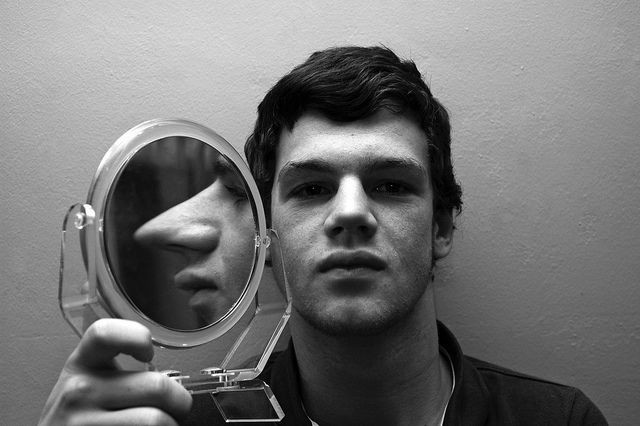Liar, Liar: Provided You Don’t Lie Too Often, Overall You Will Have An Advantage Over Truth-Tellers

Seems lying may be the necessary oil for maintaining the smooth workings of our social networks. A new study reveals how complete honesty damages relationships, yet frequent lying for personal gain also causes harm. According to the Aalto University researchers, white lies and false flattery occupy the sweet spot of acceptable, even necessary deception.
Parents, mentors and educators invest a great deal of effort in teaching children that blunt lies and withholding information are destructive, yet deception is present in practically all human interactions and societies. Based on these observations, Dr. Robin Ian Dunbar, an anthropologist and evolutionary psychologist, teamed up with Dr. Kimmo Kaski, a computer scientist, and colleagues in Mexico to illustrate how truth (or lack of it) impacts our social networks. They created a mathematical model representing a random network of 100 people to analyze the inner workings of community.
Importantly, they constructed their model in such a way to take into account "the dynamics of the intensity of interactions, the influence of public opinion, and the fact that in every human interaction it might be convenient to deceive or withhold information depending on the instantaneous situation,” wrote the researchers in their study. This last factor is key. In past studies, each individual (or agent) represented either a consistent liar or a consistent truth-teller. Here, though, the mathematical model takes into account each person's potential for either honesty or deception, depending purely on circumstance and mood.
Changeable
For those who understand the complexities of higher mathematics, the model reveals how each person has a certain number of links to others, which strengthen whenever both parties share the same opinion. When they disagree, their link weakens, ultimately breaking once the gap between the two grows too wide. If a rupture occurs, the model showed, an agent would typically create a link to new people.
Within the model, white lies support relationships and so the community network. Liking a friend's status update, for example, may express encouragement on the part of the liar (and not necessarily express agreement). Yet, not all untruths are supportive gestures. By comparison, unsocial and pathological deceptions benefit only the liar.
Importantly, deception works because generally people tell the truth, the researchers explain. Still, liars can play an important role in a community. Because they themselves may have only loose ties to others, they become extroverts, reaching out and building bridges to various communities. They end up becoming the connection between communities with vastly different opinions.
Because antisocial liars take advantage of the basic assumption of honesty, when too many such liars are at work within a community, they destroy the social fabric and cause trust to disappear. However, if lies are not accepted at all, a network will split into smaller, tightly knit communities. Interestingly, the model suggests the relative number of liars will grow smaller, not larger, when there is no punishment of untruths.
"There is no benefit to lying unless the lie is small," concluded the researchers. "We also see that a society with total tolerance to lying does not provide liars with much advantage. However, when there is punishment, the agents who lie pro- and anti-socially have an advantage over totally honest agents, provided the number of lies is small."
Bottom line? Like and retweet to your heart's content.
Source: Barrio RA, Govezensky T, Dunbar R, Iniguez G, Kaski K. Dynamics of deceptive interactions in social networks. Interface. 2015.



























